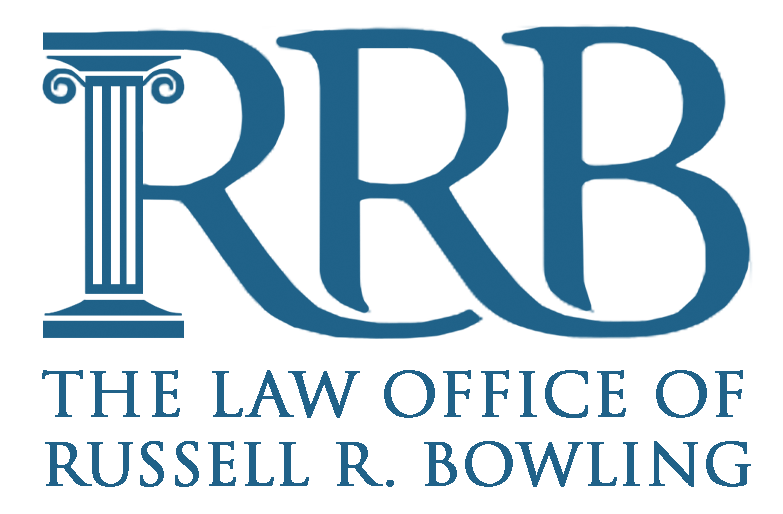ARTICLES & FAQs
Is Bipolar Disorder a Qualifying Disability for Social Security Disability Benefits?
Bipolar Disorder, also known as Manic Depressive Disorder in the past, is a psychiatric illness characterized by extreme euphoria followed by severe depression. With approximately 5.7 million American adults affected, it falls under the category of mood disorders. If you or someone you know is struggling with Bipolar Disorder and it significantly impairs the ability to work, Social Security disability benefits may be an option.
The Depressive Phase of Bipolar Disorder is marked by persistent feelings of hopelessness, anxiety, anger, guilt, sadness, isolation, fatigue, irritability, lack of motivation, chronic pain, morbid suicidal ideation, self-loathing, and depersonalization. In severe cases, individuals may even experience psychotic episodes.
Qualifying for Social Security Disability Benefits with Bipolar Disorder
To be eligible for Social Security Disability benefits due to Bipolar Disorder, the condition must be constant and severely impair the ability to function in a work environment. The evaluation criteria are outlined in the Social Security Administration’s “Blue Book,” and a medical vocational disability endorsement is required, taking into account the person’s residual functional ability, education, and age. Meeting these requirements, also known as “the Listings,” requires providing substantial evidence.
Meeting “the Listing” involves having a history of consistent manic or depressive episodes or a combination of both. The Bipolar Disorder should result in meeting two of the following three restrictions:
- Severe limitation of daily activity.
- Inability to interact with others in a normal way.
- Recurring episodes with a worsening condition lasting an extended period.
Alternatively, another method of proving Social Security Disability eligibility involves demonstrating an overall reduction in the remaining functional capacity based on age, education, and prior work efforts. If the mental residual functioning is significantly limited, preventing the person from meeting the demands of basic routine repetitive activities, they could be determined disabled under this general assessment.
If you, your family, or a friend is facing Bipolar Disorder, which hinders the ability to work, and you would like to explore Social Security Disability benefits, we offer a free consultation to discuss your options. Reach out to us today for expert guidance and support.


